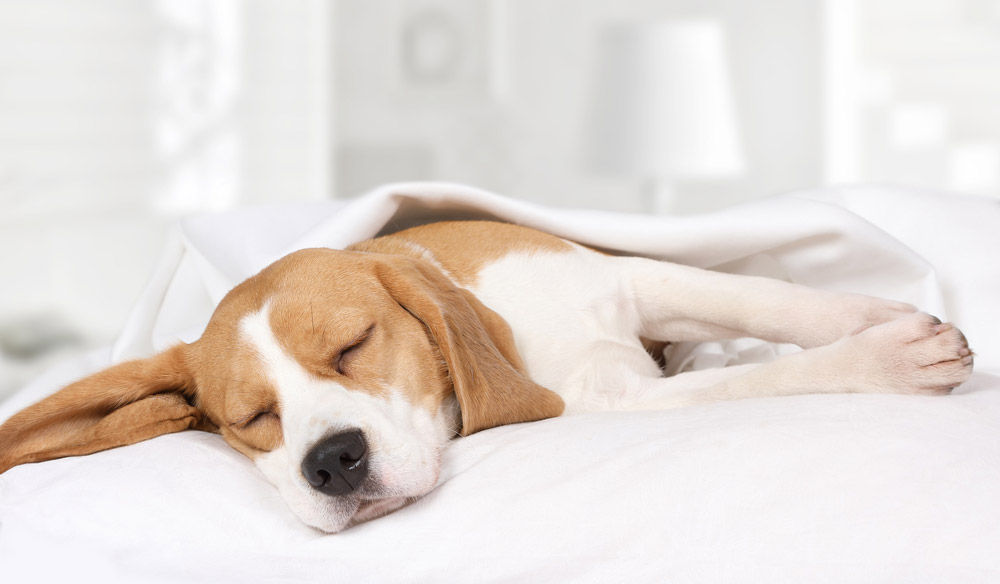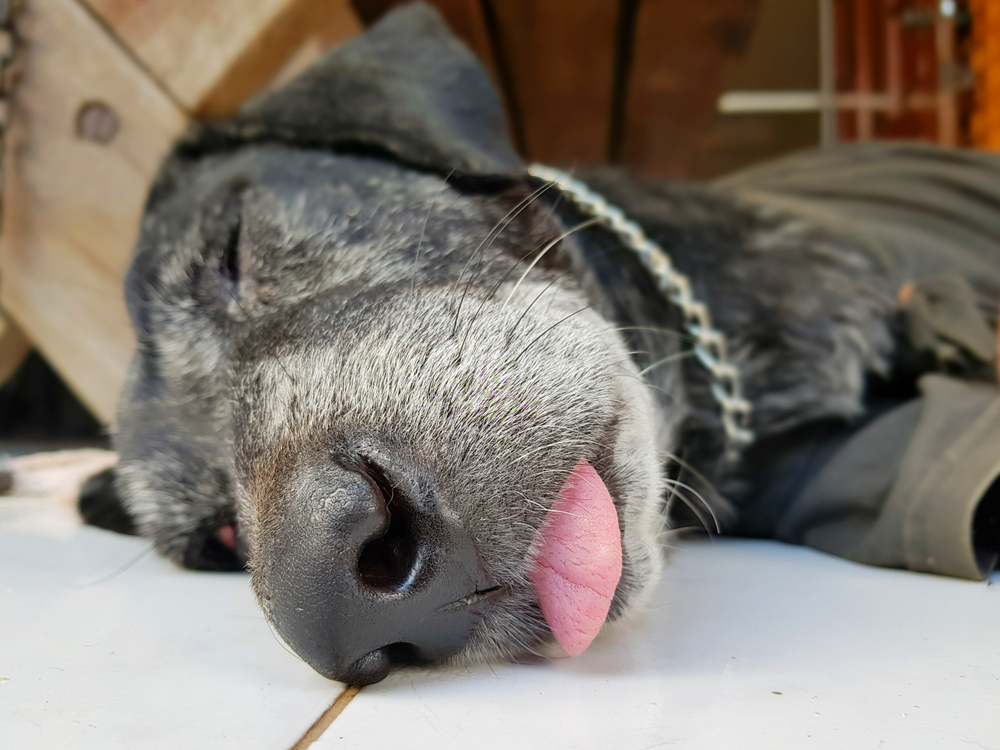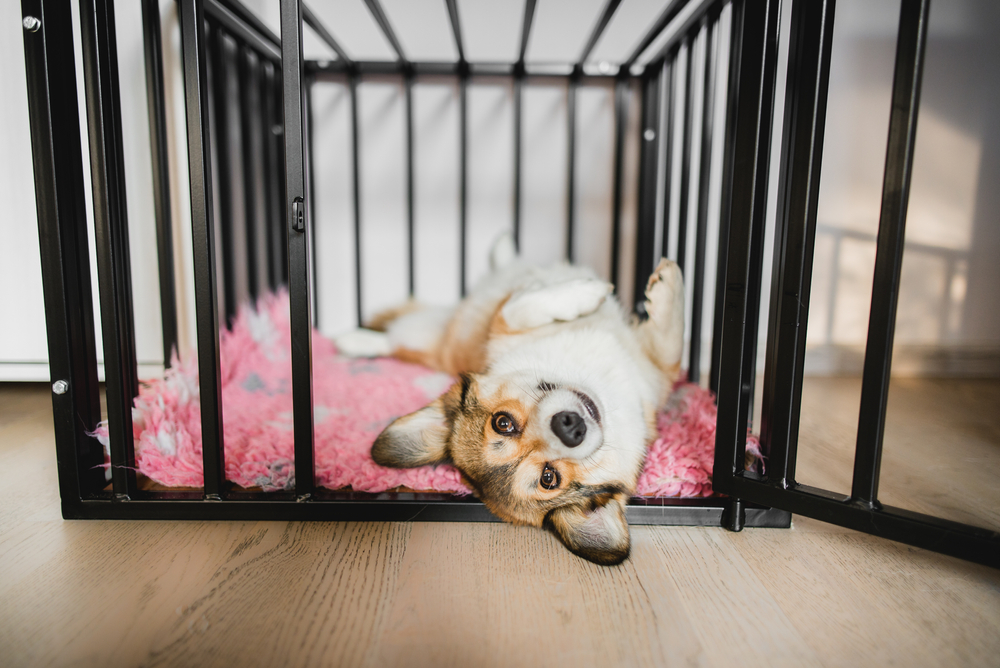Original Article: https://www.dogster.com/dog-health-care/do-dogs-have-wet-dreams
Click to Skip Ahead
Responsible pet parents are forever monitoring their dogs’ behaviors to address developing issues and improve their quality of life, even when those behaviors become genuinely awkward. If you’ve ever caught your dog having a wet dream, you know exactly how that feels! While it’s not uncommon for dogs to ejaculate when they are asleep, the prevalence doesn’t make the situation any less uncomfortable for owners.
Fortunately, wet dreams are also perfectly natural and unlikely to be a long-term issue. If you’re wondering how to manage these moments and whether they warrant concern, we’ll discuss if dogs have wet dreams and explain the causes behind their nighttime behavior.


Do Dogs Have Wet Dreams?
There is little research on wet dream occurrences among dogs, but plenty of anecdotal evidence reveals that they are a common and not unhealthy part of their development.
Wet dreams, or “nocturnal emissions,” are autonomic reflexes the dog’s sympathetic nervous system controls. Dogs may ejaculate even if they aren’t having a sexual dream. In many instances, people don’t remember or are unaware of their emissions, and this is possibly true for dogs.
Although researchers haven’t studied wet dreams in dogs, we can see similarities between their behavior and ours. Studies on humans may give us insights into why and when our pets may have nocturnal emissions.

When Do Dogs Have Wet Dreams?
For humans, most wet dreams happen during adolescence as the body matures, and the flood of hormones fuels new sexual development. Human males typically discover their sexual parts at around seven years and begin masturbating by age 15. Nocturnal emissions aren’t uncommon at this age, with some estimates saying they may occur as often as every 2 weeks.
Dogs typically reach sexual maturity and enter their “teenage phase” between 6 and 12 months of age, although this can be later in some large and giant breeds. Wet dreams occur as a buildup of semen. Without any conscious sexual activity (i.e., intercourse or masturbation), nocturnal emissions may be the only source of relief.
A dog that doesn’t have a female for mating and can’t self-stimulate by mounting objects or licking themselves may have frequent wet dreams. Nocturnal emissions will generally decrease and disappear as the dog transitions to a mature adult at 2–3 years.

Should I Worry About My Dog’s Wet Dreams?
Wet dreams are usually nothing to worry about if your dog’s semen looks normal. Sometimes, your dog may also urinate in their sleep, which is more common in older dogs.
Urination while asleep or off-colored liquid could be cause for a vet visit, as they may indicate underlying issues like UTIs, hormonal imbalances, or diabetes.
How to Manage Your Dog’s Wet Dreams
The easiest way to keep your dog from having wet dreams is usually to neuter them. Doing so will significantly reduce their need or urge to ejaculate. Desexing can also help limit other behavioral challenges, and your dog will have fewer social issues around intact females. Discuss neutering with your vet, they can advise you on the best timing based on your dog’s size, breed , health and behavior.
If your dog is intact, you can manage the fallout of their wet dreams by preparing their sleeping space. Crate training is an enormous help with potty training and managing anxiety.
During this awkward adolescent phase, it can contain any unwanted mishaps. For convenient cleaning, a waterproof dog bed protector is easy to remove and toss in the wash. A bed protector will extend the life of your dog’s bed and keep it fresh, and you won’t have to worry about messes on your bed or anywhere else in the house.



Final Thoughts
Whether dogs have sexual dreams causing nocturnal emissions isn’t clear, but plenty of owners know that the results of a dog’s “wet dream” are perfectly possible. Still, as natural as they are, they’re also embarrassing and often frustrating to manage. By anticipating and preparing for them as your dog approaches adolescence, you and your dog can navigate these awkward accidents gracefully and efficiently.
Featured Image Credit: Naruedol Rattanakornkul, Shutterstock
Source: Dogster












